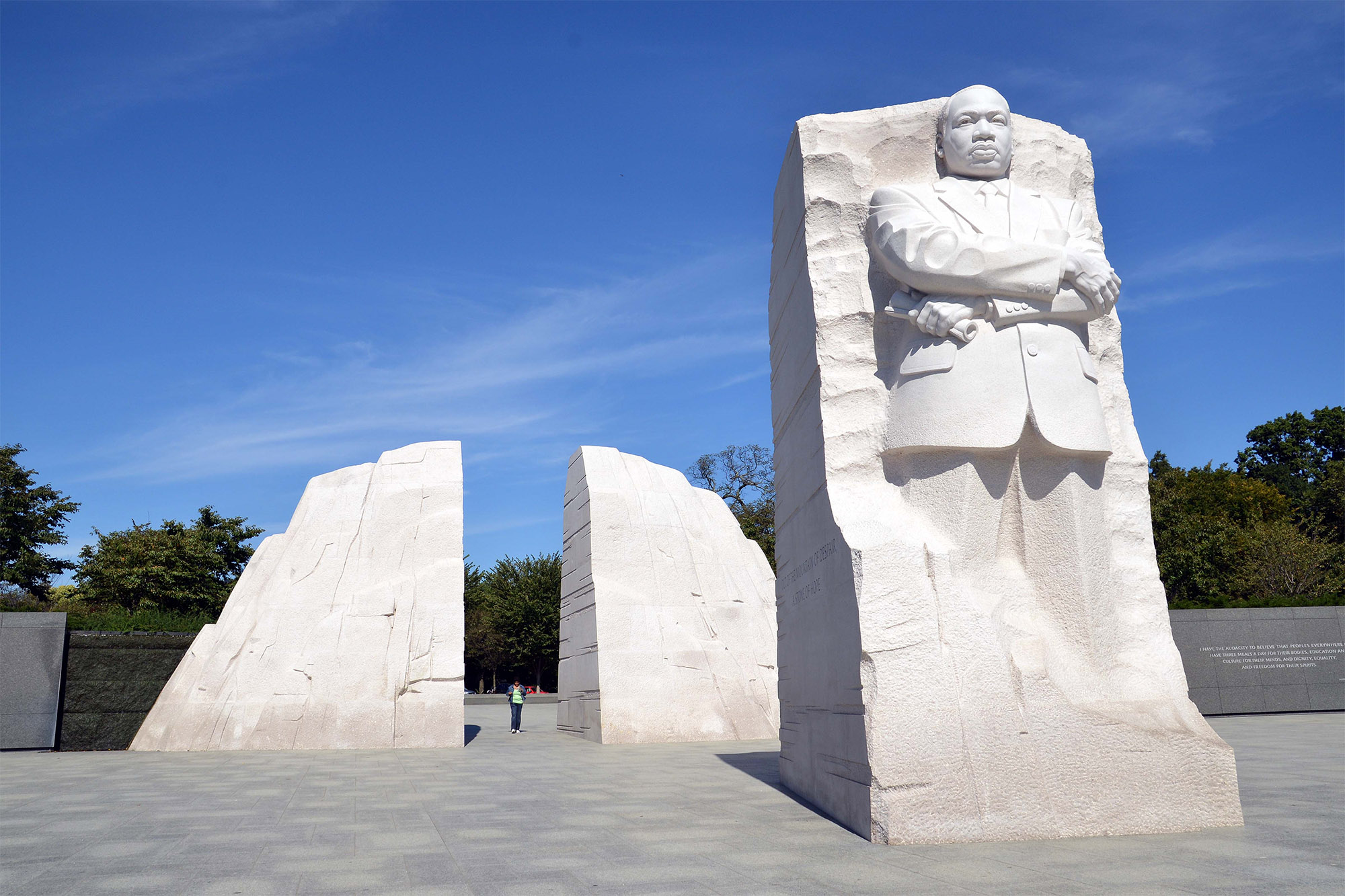
[SLIDESHOW=46927]NASHVILLE (BP) — Pastor James Dixon calls it “otherness,” loving others enough to die for their benefit. That’s what he credits to the late Martin Luther King Jr. nearly 50 years after the civil rights leader’s death.
“He allowed his life to enter into the lives of others and not leave them the way he found them,” Dixon told Baptist Press in advance of Martin Luther King Jr. Day, Jan. 15. “If we’re going to keep his memory going, we’ve got to have that same type of otherness. And that otherness comes because we love people, and that love flows from God through us to the other.”
When Baptist Press queried a handful of Southern Baptists, including race relations trailblazers, about the life and work of King, responses painted a microcosm of African American life in the 1960s.
King was assassinated April 4, 1968, as he stood on the balcony of the Lorraine Motel in Memphis, Tenn. He died that evening at St. Joseph’s Hospital at age 39, just a day after giving a sermon interpreted by some as foretelling his untimely death. His federal holiday was enacted in November 1983.
BP interviewed Dixon, who began building cross-racial bridges among Baptists in the mid-1980s as inter-Baptist ministries director for the Home Mission Board (HMB, now North American Mission Board, NAMB); Emmanuel McCall, the first African American professional employee of a Southern Baptist entity; and T. Vaughn Walker, who in 1985 became the first African American faculty member at Southern Baptist Theological Seminary as an assistant professor.
David Cornelius, who with his wife Elwanda were among only four African American international missionaries when commissioned in the mid-1980s by the Foreign Mission Board (FMB, now International Mission Board, IMB); Elijah W. McCall (no relation to Emmanuel McCall), who helped organize the National African American Fellowship of Southern Baptists (NAAF) in 1992; NAAF historian Robert Wilson, former manager of NAMB’s African American church planting unit; and Richard Land, former president of the Southern Baptist Ethics & Religious Liberty Commission, complete the list of interviewees.
BP asked the same questions of everyone interviewed:
A) Where were you when King was assassinated?
B) How did his death impact you?
C) What would you like Americans to remember of King and his work?
Responses, listed alphabetically, are quoted and summarized as noted.
Cornelius
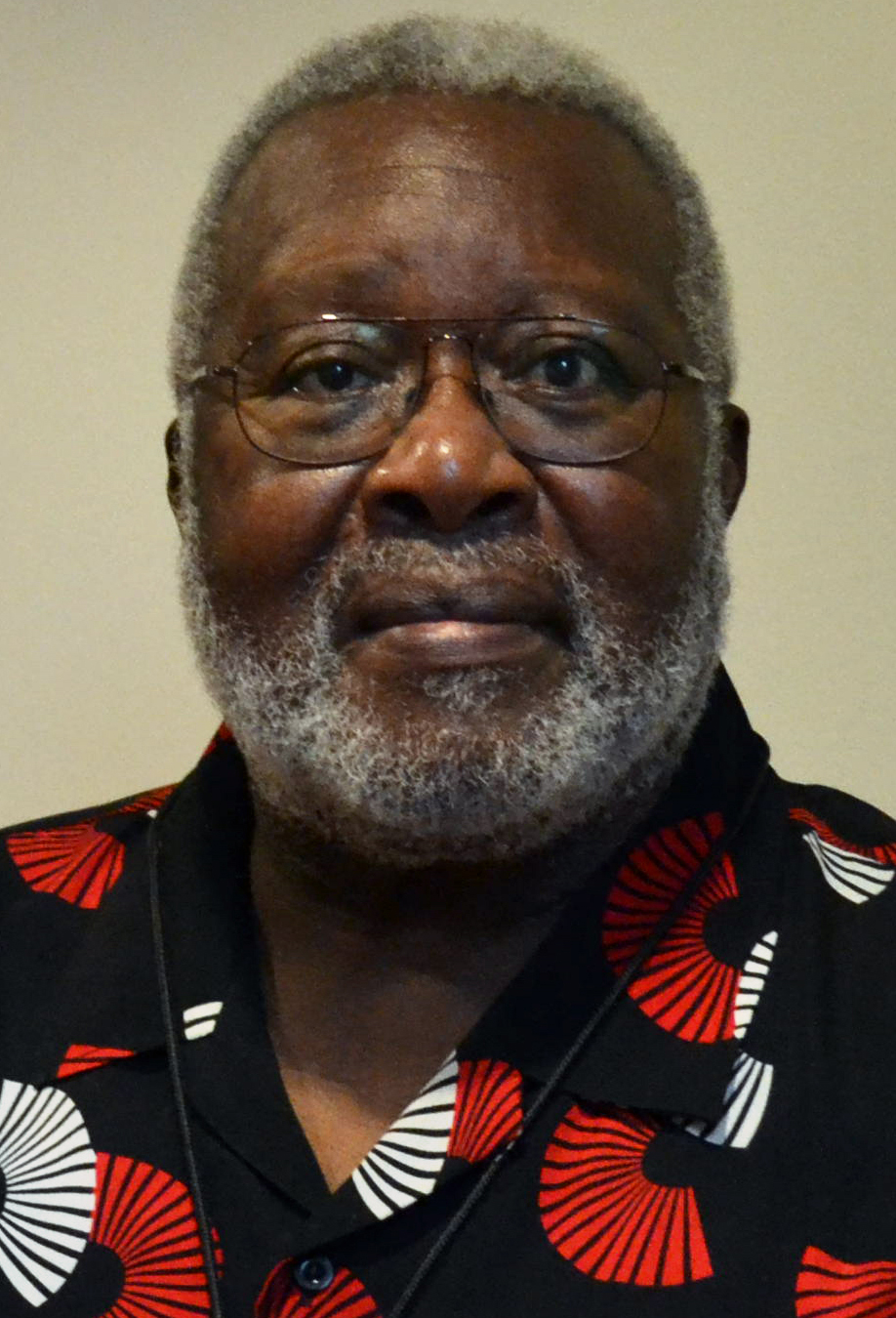 Cornelius, who retired as an IMB mobilization specialist in 2010, responded to King’s assassination by determining that “hatred is not the answer.” To bridge “with love” the racial divide “caused by hatred,” he and his wife Elwanda joined a predominantly white Southern Baptist Church. For nearly 25 years, they have been members of Huguenot Road Baptist Church in Richmond, Va., where he is a trustee and deacon.
Cornelius, who retired as an IMB mobilization specialist in 2010, responded to King’s assassination by determining that “hatred is not the answer.” To bridge “with love” the racial divide “caused by hatred,” he and his wife Elwanda joined a predominantly white Southern Baptist Church. For nearly 25 years, they have been members of Huguenot Road Baptist Church in Richmond, Va., where he is a trustee and deacon.
A. “I was in my front yard (in Dallas), having gotten home from work only a few minutes earlier…. Neighbors up and down the street began coming out of their houses, some in tears and discouraged, talking about what had happened.”
B. “My first reaction was a combination of anger and sadness…. My mind went back almost five years to the assassination of John Kennedy. My immediate thought was, ‘Everybody who tries to help the poor and minorities in this country, white folks do their best to kill them.’ … Over time, I came to believe that I should do all within my power to bridge the gap caused by hatred with love…. Elwanda and I are still on that journey.”
C. “I’d like for Americans to remember that people, even all peoples, should not be judged by the color of their skin, nor by the language they speak, nor by their ethnicity or nationality, etc., but by the content of their character. In the press of our lives today, we seem to have forgotten this.”
Dixon
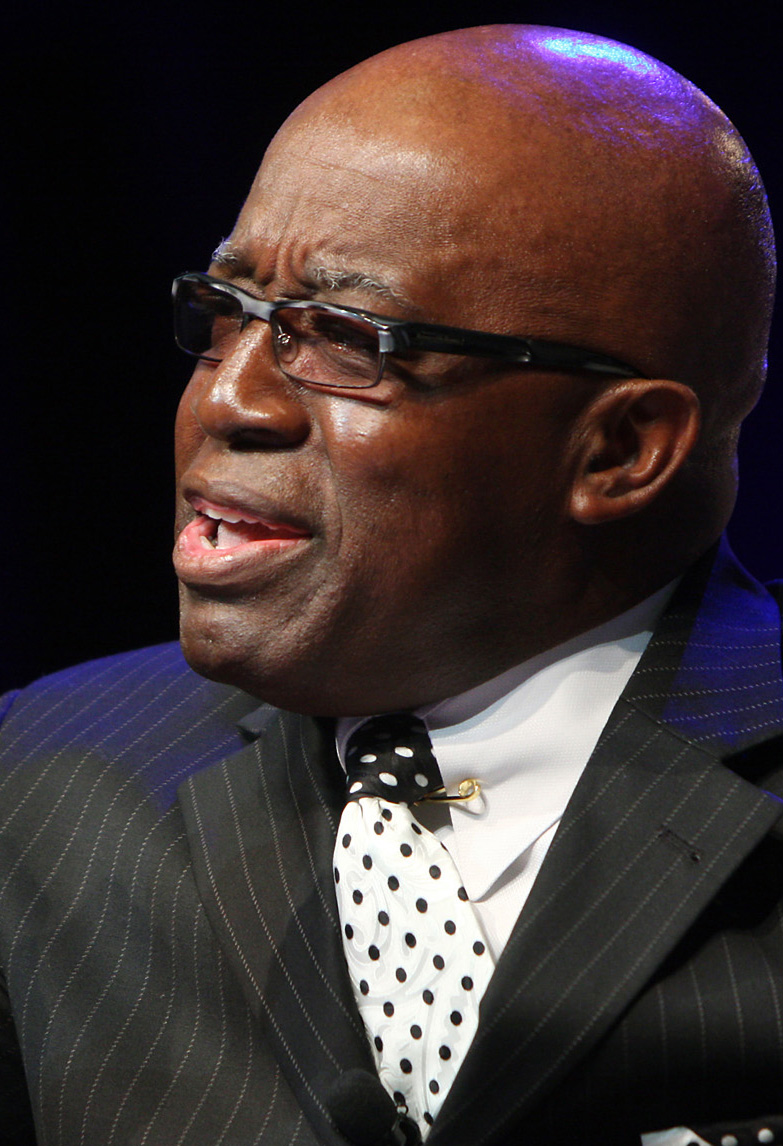 Dixon is tempted to believe the nation has reversed the progress in race relations King died to achieve.
Dixon is tempted to believe the nation has reversed the progress in race relations King died to achieve.
“Looks like we’re back in the (19)60s when you look at the landscape and what’s going on around our country now,” said Dixon, pastor of El-Bethel Baptist Church in Fort Washington, Md. “And it makes you want to feel like all that we’ve done appears to have been lost. But I know better. I know we’ve made progress in terms of, especially black America, the opportunities we have that are before us. We have those opportunities and we can embrace those opportunities, all because of [King’s] efforts.”
A. “I was a junior at Carver High School in Birmingham, Ala. Upon news of the assassination, I and my classmates joined others in a protest downtown.”
B. “When we heard of it, to me, it just took life out of us. There was a hope that we could tear down that wall of racism, in terms of that whole process. So it really affected us … to the point where a group of us just left school and went to downtown Birmingham…. We knew it was sort of dangerous to do that, but at that moment we didn’t care because it looked like it had taken the life out of the whole situation of civil rights when it had taken his life…. I remember that so well. That was really a dark day for us.”
C. “I would like for America to remember the courage, the fortitude, the strength and the faith that Martin Luther King had, in terms of doing whatever it takes to try to bring about that type of unity among not only black people but all people…. Observing his life impacted my own life in terms of doing race relations among Southern Baptists, because I’ve been doing that for almost 30-plus years…. It impacted my life in such a way that when I got in the military [in 1971], I became a race relations coordinator with the military.”
Land
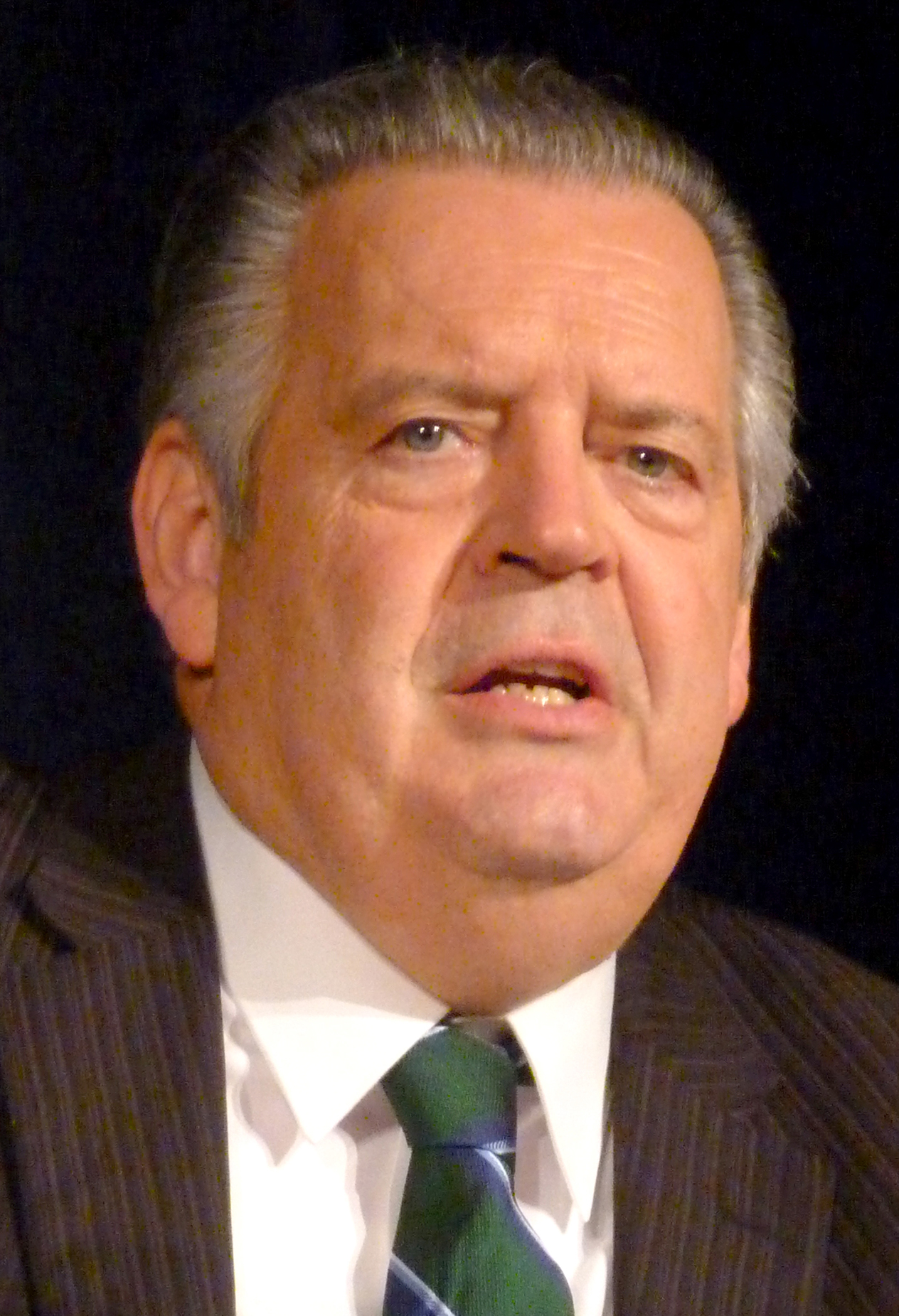 King’s birthday will find Land reading the legend’s “I Have a Dream Speech” and his “Letter from a Birmingham Jail,” which Land told BP is his usual practice on the holiday. When a 16-year-old Land first heard King’s “I Have a Dream” speech, the white youth — who had been called to ministry only weeks earlier — “knew instantaneously [he] wanted to be that kind of Christian preacher and leader.” That pivotal moment “has impacted my entire ministry up to this very moment.”
King’s birthday will find Land reading the legend’s “I Have a Dream Speech” and his “Letter from a Birmingham Jail,” which Land told BP is his usual practice on the holiday. When a 16-year-old Land first heard King’s “I Have a Dream” speech, the white youth — who had been called to ministry only weeks earlier — “knew instantaneously [he] wanted to be that kind of Christian preacher and leader.” That pivotal moment “has impacted my entire ministry up to this very moment.”
A. “I was in my junior year at Princeton University” and was in the library working on a major research paper on the Montgomery Bus Boycott and its impact on the civil rights movement King had led.
B. “I couldn’t believe it…. It had only been a little over five years since President Kennedy had been assassinated in Dallas. All the old feelings of shock, disbelief and grief came flooding back in an instant. I was devastated…. Unlike many young people of my generation, I was raised in a home where my Baptist parents always taught me that racial discrimination was both wrong and immoral.” Still, Land said, he grew up in a segregated environment and attended a segregated church.
C. “Dr. King is a national treasure…. Without him and his unyielding commitment to nonviolence, there would have been a great deal more bloodshed on American’s long and tragic journey toward racial reconciliation and equality — sadly a journey still not completed six decades later…. Dr. King faced down far greater bigotry and lethal violence than we face today. Let us draw inspiration and dedication from his courage and vision, and join hands and resolve to finish the work to which he so eloquently called us those many years ago.”
Elijah W. McCall
-McCall.jpg) E.W. McCall was so impacted by King that he named his youngest child Yolanda, after King’s daughter. “And if it had been a boy, he would have been named Martin.” McCall has retired from the pastorate of St. Stephen Missionary Baptist Church in La Puente, Calif., and moved to Texas, where he serves as a specialist with the Southern Baptists of Texas Convention.
E.W. McCall was so impacted by King that he named his youngest child Yolanda, after King’s daughter. “And if it had been a boy, he would have been named Martin.” McCall has retired from the pastorate of St. Stephen Missionary Baptist Church in La Puente, Calif., and moved to Texas, where he serves as a specialist with the Southern Baptists of Texas Convention.
A. “Some days are embedded in your mind and you never forget.” McCall was in his classroom teaching elementary students in Los Angeles.
B. “It impacted me to be able to see the ills that this country has in not living up to the creed of the Constitution of the United States of America…. It was devastating to know that here’s a man who tried to do all he could, not only for African Americans but for the nation [and had been murdered]. The rest of that school day I was paralyzed, spent. [King’s death] had great impact on my life, and I’ve been fighting the good fight ever since.”
C. “I would like America to remember that he was a man that was ahead of his time. He saw into the prism of the future, the future good that we could become. And we have not reached that yet.” Many heroes in the African American community, including King, the late Medgar Edgars, U.S. Congressman John Lewis and so many others, are only “who they are because they fought people who were evil that didn’t look like us,” McCall said.
Emmanuel McCall
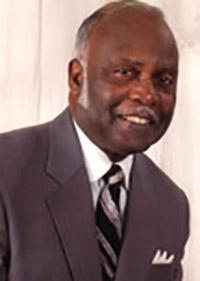 King tried in advance of his assassination to prepare pastors for his death, said Emmanuel McCall, who was then pastor of 28th Street Baptist Church in Louisville, Ky., and a member of the Progressive National Baptist Convention. He joined HMB’s staff in 1968 as associate director of the department of cooperative ministries with National Baptists, and retired in 1991 as director of the black church extension division. Today, he identifies with the Cooperative Baptist Fellowship and the Baptist World Alliance.
King tried in advance of his assassination to prepare pastors for his death, said Emmanuel McCall, who was then pastor of 28th Street Baptist Church in Louisville, Ky., and a member of the Progressive National Baptist Convention. He joined HMB’s staff in 1968 as associate director of the department of cooperative ministries with National Baptists, and retired in 1991 as director of the black church extension division. Today, he identifies with the Cooperative Baptist Fellowship and the Baptist World Alliance.
A. “I was teaching my evening class at Simmons Bible College, Louisville, Ky…. We stopped class to pray for the family, to pray for the nation, and to plead for sanity and Christian behavior in the nation. Then [we] dismissed.”
B. “Like most people, I was shocked. However, we were told by Dr. King to expect it as he did. Dr. King’s brother A.D. was pastor of Zion Baptist Church, Louisville. Dr. King was often there for worship services. On the evenings of his presence, A.D. would invite some of us pastors to his home for fellowship. Dr. King, himself, told us [to] expect his assassination. He accepted it as a reality.”
C. “Dr. King was about God’s work. If we are about God’s work, we connect with his legacy.”
Walker
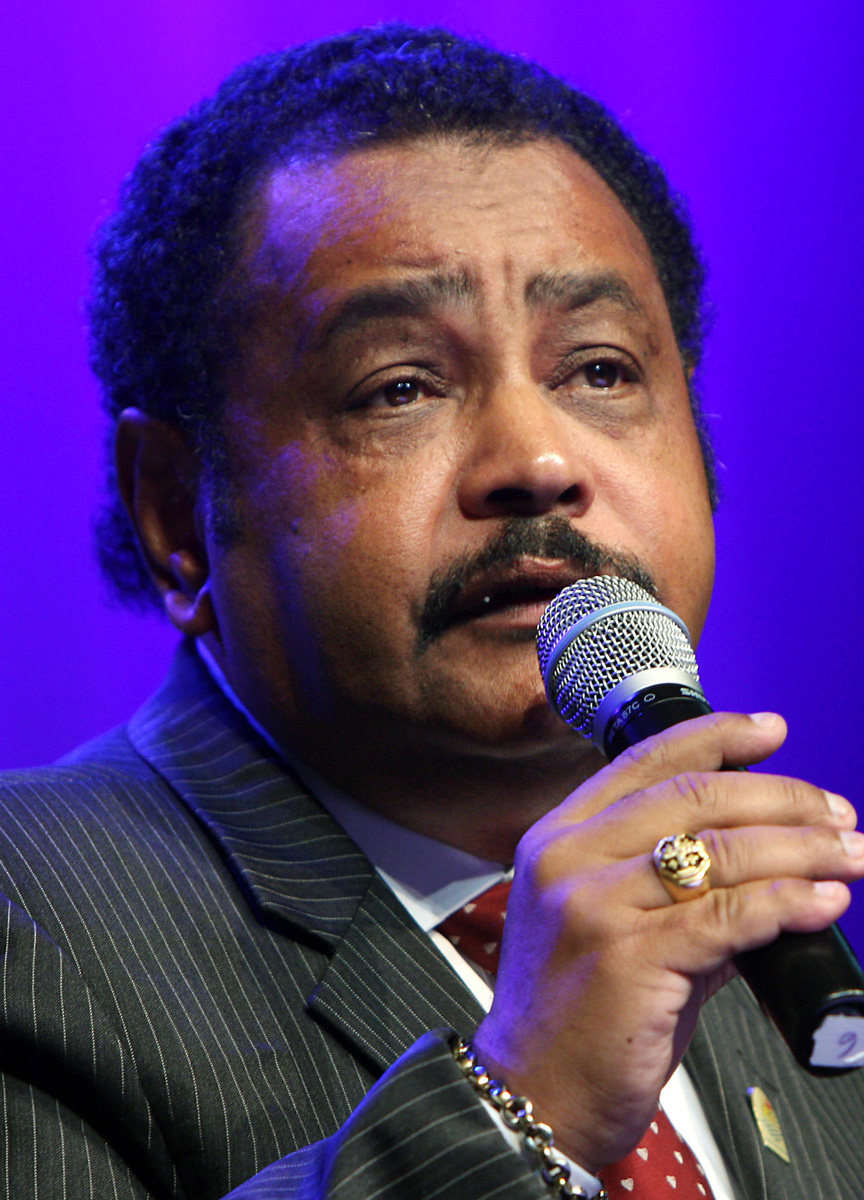 Walker recalls a palpable difference in the way many in his Virginia community responded to King’s death, as opposed to that of President John F. Kennedy a few years earlier. Whites there mostly viewed King as a troublemaker, Walker said. And while some blacks questioned King’s opposition to the Vietnam War, Walker said he shared King’s skepticism of America’s involvement in the Southeast Asian country.
Walker recalls a palpable difference in the way many in his Virginia community responded to King’s death, as opposed to that of President John F. Kennedy a few years earlier. Whites there mostly viewed King as a troublemaker, Walker said. And while some blacks questioned King’s opposition to the Vietnam War, Walker said he shared King’s skepticism of America’s involvement in the Southeast Asian country.
“I recall when [John F. Kennedy] was assassinated, I attended an all-African American high school. Our physical education teacher came to the door of the shower room with tears in his eyes to inform us of President Kennedy’s death. Immediately several students (all male) began weeping. Unbelief was the primary emotion.”
A. When King was assassinated, Walker was attending a white school with only one other black student in his senior class under Virginia’s Freedom of Choice desegregation plan. “I don’t specifically remember any school emotional reactions.”
B. “The reactions in my home and among my church and African American community was mostly great sorrow, anger and disappointment.”
C. “Dr. King was a Baptist clergyman and the Bible was a significant source for his theological and social-political belief system…. I have not made Dr. King a perfect man; like all other individuals he was flawed (except Jesus). But his educational accomplishments, commitment to the Christian church, courage [and] servant-leadership style make me very proud of him as a civil rights leader for his time. I am delighted we have a national holiday in his honor and feel he well deserved the (1964) Nobel Peace Prize (for nonviolent resistance).”
Wilson
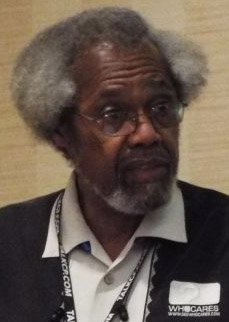 Wilson has researched and documented African American involvement in the SBC since institutionalized slavery in the U.S. His Southern Baptist denominational work began in 1984 as an HMB church planting apprentice in Los Angeles. He pastors God’s Acre Baptist Church at Ben Hill, a predominantly black community in Atlanta, and directs the Georgia/Alabama certificate centers of New Orleans Baptist Theological Seminary’s Atlanta campus while serving as an adjunct professor there.
Wilson has researched and documented African American involvement in the SBC since institutionalized slavery in the U.S. His Southern Baptist denominational work began in 1984 as an HMB church planting apprentice in Los Angeles. He pastors God’s Acre Baptist Church at Ben Hill, a predominantly black community in Atlanta, and directs the Georgia/Alabama certificate centers of New Orleans Baptist Theological Seminary’s Atlanta campus while serving as an adjunct professor there.
A. “In 1968, I was at home in Louisville, Ky., during spring break from my studies at West Kentucky Vocational Technical School in Paducah, Ky.”
B. “We African Americans in the West End of Louisville began to erupt with violence and destruction of property, and I joined in with them because of the pain and anger I felt at this apparent racially motivated act.”
C. “He was willing to die for what he believed. As a preacher he put helping the least, the last and the loveless above himself. He also needs to be remembered for [advocating] for those young persons regardless of color being asked to fight an unjust war in Vietnam.
“America, never forget we have a higher calling to serve one another as John 15:13 says, ‘No one has greater love than this, that someone would lay down his life for his friends.'”
